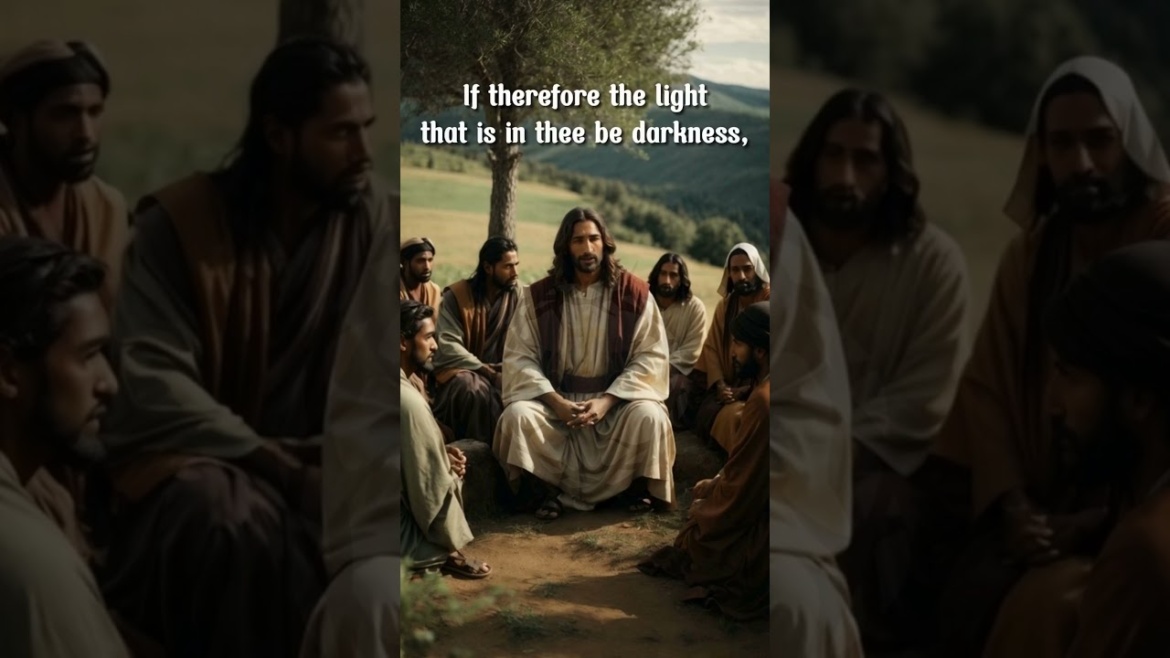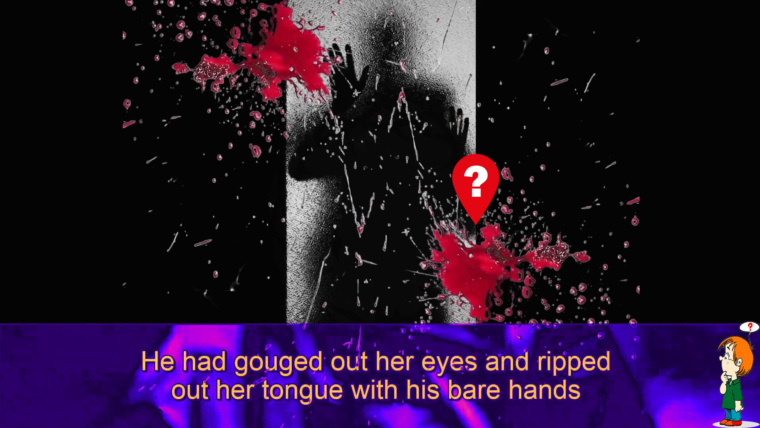The Significance of “The light of the body is the eye: if therefore thine eye be single, thy whole body shall be full of light. But if thine eye be evil, thy whole body shall be full of darkness. If therefore the light that is in thee be darkness, how great is that darkness!”
The phrase “The light of the body is the eye: if therefore thine eye be single, thy whole body shall be full of light. But if thine eye be evil, thy whole body shall be full of darkness. If therefore the light that is in thee be darkness, how great is that darkness!” is a powerful christian law used by Jesus in Matthew 6:22-23 from the Sermon on the Mount. It is part of a broader teaching by Jesus about inner purity and materialism and is a metaphorical statement about the power of our perspective and intentions. It’s often interpreted within a religious context, but its meaning can be applied more broadly to personal growth and ethical living.
Context of the Phrase
The law appears within Jesus’ Sermon on the Mount, a collection of teachings focusing on right living and morality for spreading God’s message. It’s preceded by advice on not seeking earthly treasures and focusing on God’s kingdom. Jesus is now speaking to a crowd, advising them not to worry about material possessions and to focus instead on seeking God’s kingdom. He uses the metaphor of the eye to illustrate how our intentions and perspectives shape our experience and actions.
Significance of the Phrase
The law emphasizes the power of our choices and intentions. What we focus on and desire influences our actions and overall well-being. It highlights the connection between inner world and outer world: a distorted perspective can lead to negative consequences.
Here are some key points:
Metaphor: The eye symbolizes our vision, both literal and metaphorical. It represents how we perceive the world and the choices we make based on that perception.
Duality: The quote presents a contrast between “single” and “evil” eyes. A single eye is focused on good, while an evil eye is driven by self-interest and negative desires.
Light: The “light” and “darkness” represent a person’s spiritual state. Choosing goodness brings inner light and clarity, while negative intentions lead to spiritual darkness and confusion.
Warning: The concluding sentence emphasizes the gravity of choosing the “evil” eye. It implies that choosing darkness can have profound and far-reaching consequences.
Application of the Phrase
The law has been interpreted in various ways throughout history, with some emphasizing its religious significance and others focusing on its broader ethical implications. Therefore, the concept of “single eye” can be understood in different ways, such as focusing on one goal, having pure intentions, or seeing the world through a lens of compassion.
Here are some key points:
Intention & Perspective: Reflect on your own motivations and the way you view the world. Are you driven by kindness and compassion, or by envy and greed?
Choices & Actions: Consider how your choices and actions are influenced by your intentions. Do they promote light or darkness in your life and the lives of others?
Good & Evil: This quote encourages seeking ways to cultivate purity and goodness within yourself. This can involve spiritual practices, reflection, and actively choosing good over evil.
In summary, the law challenges us to examine our inner selves and choose a path of integrity and compassion. By aligning our intentions with what is good, we can bring light and positivity into our lives and the world around us.
THE CHILD IS INTENDED INTO ONE SUB & NINE EXTREMES
« Samsara Extreme Of Heaven In Child Intended To Exist »
WHAT IS ✨ COLD CHILD SPACE? IT IS JUST CHILD EXTREME!
« Child Extreme’s Code & subExtreme’s Law »













